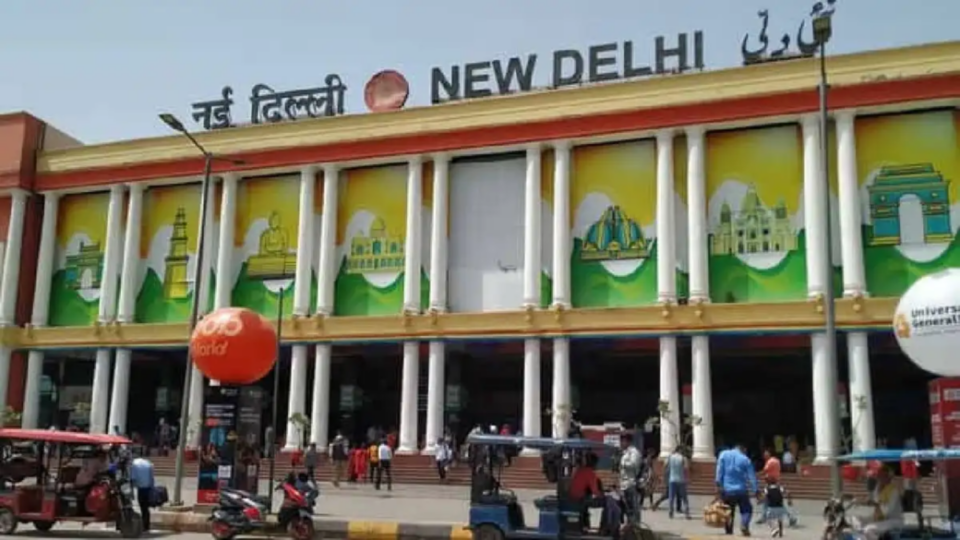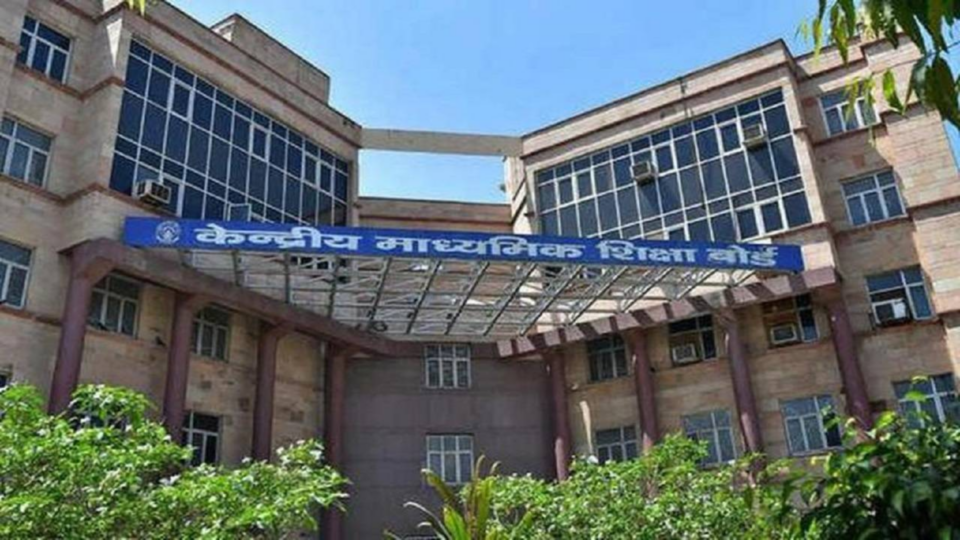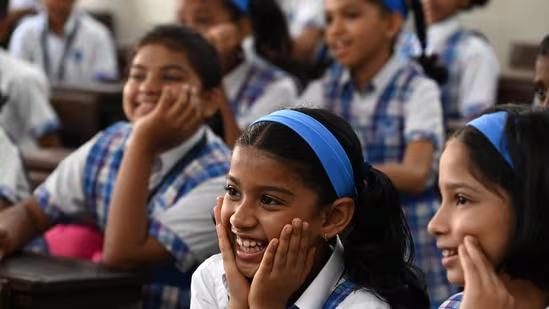
National Education Policy 2020: Exams To Only Be Held For Classes 3, 5 & 8 In Early Schooling Stages, Adult Education Included
After three decades, India has finally revised its Education Policy India bringing some really good changes to the same. In the revised policy, one notable change is the extension of the right to education to cover all children between three and 18 years of age.
The policy also proposes vocational education, with internships, for students from Class 6, a change to the 10+2 schooling structure and a four-year bachelor’s programme. The education ministry has also said to bring two crores, out-of-school children, back into the mainstream.
Here is the new education policy 2020 in points.
1. Focus on regional language.
The mother tongue or the regional or local language will now be the medium of communication among teachers and students in all classes up to class 5. Sanskrit will be offered at all levels and foreign languages from the secondary school level. However, the policy also says “no language will be imposed on any student”.
2. New classes strucutre
The 10+2 structure will now be replaced with 5+3+3+4, consisting of 12 years of school and three of anganwadi or pre-school. This will be split as follows: a foundational stage (ages three and eight), three years of pre-primary (ages eight to 11), a preparatory stage (ages 11 to 14) and a secondary stage (ages 14 to 18).
3. Exams not to be held every year
Instead of exams being held every year, exams will now be held only for three – at Classes 3, 5 and 8. Assessment in other classes will “competency-based, promotes learning and development and tests higher-order skills, such as analysis, critical thinking and conceptual clarity”.
Board exams will continue for 10 and 12 classes but through a holistic approach based on a new national assessment centre named PARAKH.
4. Bagless school days
Bagless days will be encouraged in schools throughout the year for various types of enrichment activities involving arts, quizzes, sports, and vocational crafts.
5. Freedom to choose stream
Schools will not have any rigid formation of streams of arts, commerce, science and students can take up whichever courses they want. The policies as per the government are being redesigned to reduce curriculum load.
6. Revising in IIT courses
The policy also proposes the inclusion of arts and humanities subjects for students studying science subjects, and vice versa at IITs (Indian Institute of Technology).
A Higher Education Council of India (HECI) will be set up to regulate higher education. I will have four independent verticals – National Higher Education Regulatory Council for regulation, General Education Council to set standards, Higher Education Grants Council for funding and National Accreditation Council for accreditation.
7. Multiple entry and exit options for higher education
The new policy has an undergraduate course with multiple exit options. The one who wants to exit a course after completing two years will get a diploma and those leaving after 12 months will be have studied a vocational/professional course. MPhil (Master of Philosophy) courses are to be discontinued. One who completes all four years will get a bachelor’s degree.
7. Coding training from class 6th
Students of class 6 and onwards will be taught coding in schools. They will also be encouraged to take up internships to groom their vocational skills.
8. Adult education
Schools/school complexes and public library spaces will be used for promoting adult education courses beyond school hours.



